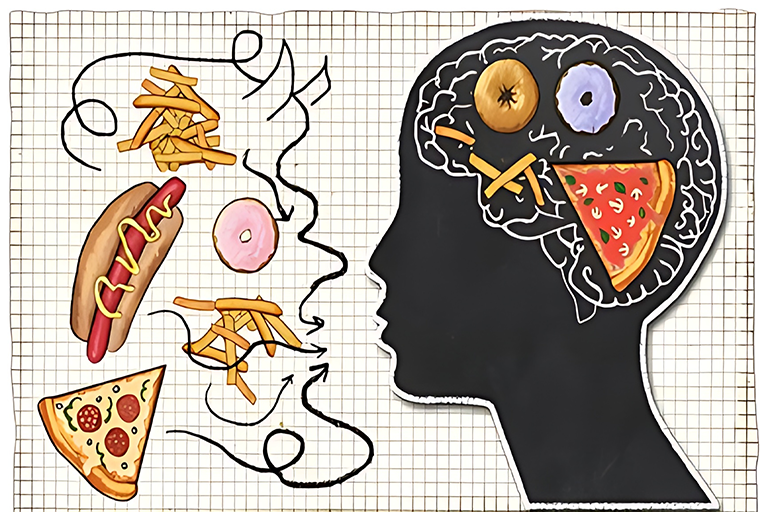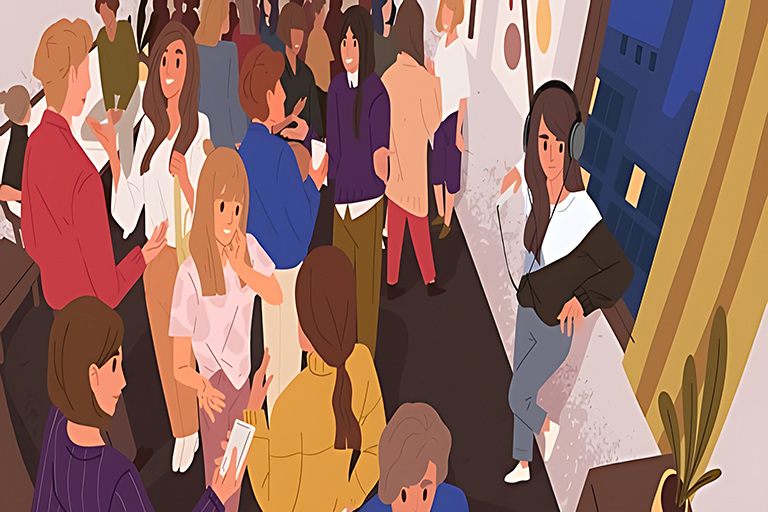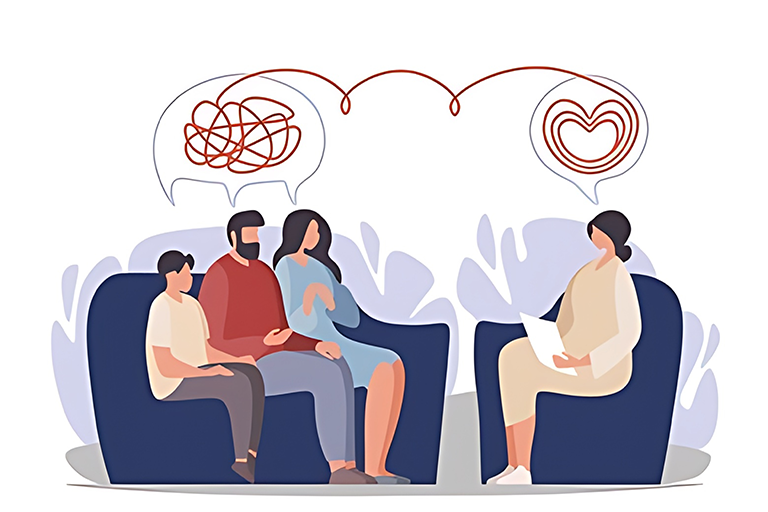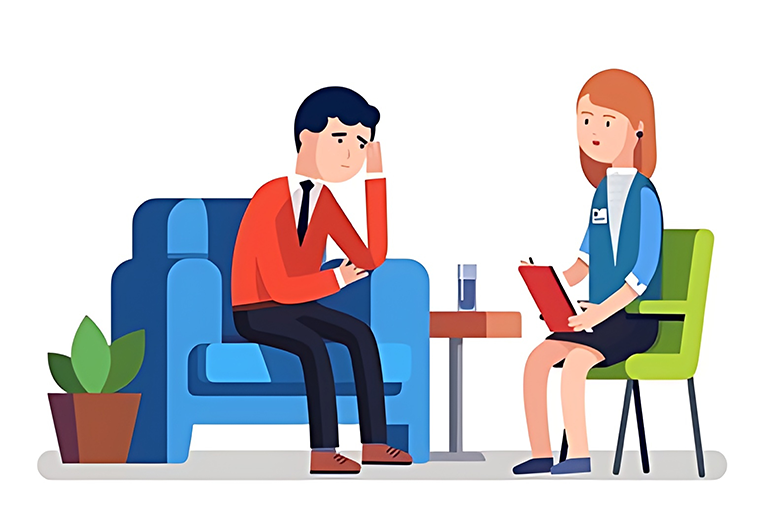Mental health is about wellness rather than illness. Mental health includes our emotional, psychological and social well-being. It affects how we think, feel and act, so we have to keep it in priority.
“World Mental Health Day 2022 is an opportunity to re-kindle our efforts to protect and improve mental health through this pandemic”
World Mental Health Day 2022
The COVID-19 pandemic has created a global crisis for mental health, undermining the mental health of millions. There has been rise in both anxiety and depressive disorders at the same time, mental health services have been severely disrupted and the treatment gap has widened.

Stigma and discrimination are barriers in accessing the right care for which we can all play our part in increasing awareness and World Mental Health Day is an opportunity to do that collectively. On this day, we are emphasizing on the importance of mental health, coping skills and getting help. This doesn’t only concern individuals but also society as a whole. The myth attached to mental health is that prevention doesn’t work. It is impossible to prevent mental illnesses. Whereas the prevention of mental, emotional, and behavioral disorders focuses on addressing known risk factors such as exposure to trauma that can affect the chances that children, youth, and young adults will develop mental health problems.
What is the importance of Mental Health Awareness?
Whether or not someone personally suffers with a mental health issue, Mental Health Awareness helps us recognize the ways mental illness impacts our lives, educates us about available services, and highlights ways to advocate.
Recognition and education are important ways to remove the stigma associated with mental illness. Mental Health Awareness creates a time and space to start a conversation. Talking openly about mental health can reduce the misconceptions and stigma, and can encourage those who are suffering to seek help and find a support network.
It’s important for caregivers, friends, and loved ones to understand the impact that mental health has on daily life. Mental Health Awareness provides education about the reality of living with a mental health condition – while it can make life more difficult, it doesn’t have to stop someone from having a fulfilling life. When we are better educated on these conditions, we can better support and help someone deal with a mental health issue.
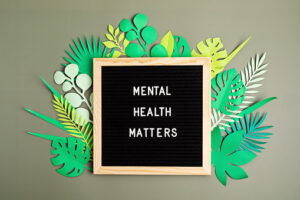
Everyone can struggle with their emotional health. However, when left untreated, feelings like depression or anxiety can increase and disrupt our life. Mental health disorders can hurt or harm our relationships with our friends, family, or co-workers.
Promoting the social-emotional well-being of children and youth leads to
- Higher overall productivity
- Better educational outcomes
- Lower crime rates
- Stronger economies
- Lower health care costs
- Improved quality of life
- Increased lifespan
- Improved Relationship
On this day let’s break the myth that Mental health problems don’t or cannot affect me. Let’s connect to ourselves and understand our feelings and take guidance when it is overwhelming.
Steps to mental well-being
- Connect with other people
- Good relationships are important for mental well-being
- Be physically active
- Being active is not only great for your physical, but for mental health too
- Learn new skills
- Pay attention to the present moment (mindfulness)
- Take up a relaxation practice
- Make leisure and contemplation a priority
- Eat a brain-healthy diet to support strong mental health
- Don’t skimp on sleep
With this year’s theme of Making Mental Health & Well-Being for All a Global Priority, it is an opportunity for people with mental health conditions, advocates, governments, employers, employees and other stakeholders to come together to recognize progress in this field and to be vocal about what we need to do to ensure Mental Health & Well-Being becomes a Global Priority for all.
Mental health needs more sunlight, more open and honest and more unashamed conversation.
Let’s make mental health “talkable” for everyone.
Learn more: Mental Health Awareness
& Mobile Phone Addiction & Teenagers
Arpitha Mallara, Psychologist, Life Coach, Art Therapist, Your Confidant


